Interview with Cris Alley
At UBA, we have a pretty amazing team of people hard at work in our churches. As you interact with the association, however, you may only know a few of our staff. And that's sad.
Our team is one of the best assets you have to get connected. So we wanted to highlight the people whose stories you might not otherwise know. Because every member of UBA is what makes up the association. Churches, ministers, staff, and associations are all #BetterTogether.
1. Introduce yourself.
My name is Cris Alley. It’s spelled “Christopher” on my birth certificate. Spelling my name without the ‘h’ ha’s gotten me in trouble with the dept of homeland security. I used to sign my name with an "h," so it made for some complicated paperwork. Eventually, I decided to go with the spelling my mom wanted.
I’ve been married to Dena for 31 years, and have two children. Joshua is a student at Southeastern Baptist Theological Seminary and married to Stephanie with two daughters. Rachel is a student at Southeastern as well.
My official title at UBA is “Senior Consultant for Sending Pathways,” and I just started working in January of 2022.
2. How did you get connected with the association?
In 2014, Josh Ellis was speaking on the future of the association at an association mission conference I attended. He talked about how associations are changing and the needs we have in our cities. I remember thinking, "This is some of the most brilliant research I've ever heard, and it's very relevant." So I've been a big fan of him since then.
In the fall of 2021, Keelan Cook called and wanted to know if we were interested in moving. Keelan was already doing in Houston (and ahead of us) what we were starting to do with North Carolina Baptists. We kept in contact as we were both developing Sending Pathways and the program we were working on in NC.
“ The West has become the most challenging missionary frontier of our time, and now I know that’s why we’re here. ”
Through some providence, however, God really led us to Houston. Dena and I were praying for three things: purpose, clarity, and peace. I'm in my late 50s, and we have a lot of experience in mission work. So wherever we landed next, we wanted it to be purposeful.
Leaving our home and family in North Carolina would be hard, though, so we knew we needed God’s clarity as well. And God kept opening obvious doors to lead us here. Unfortunately, the more clarity we got, the more it challenged our sense of peace. It grieved us to think of leaving kids and grandkids, but we eventually came to a point where it was clear. We had peace in trusting this was God’s will for us.
3. How does your role advance the gospel in our context?
Church attendance in the US peaked in the 70s and has been declining ever since. If you look back, pre-70s, society funneled people into churches. Popular culture brought people in because they wanted to be connected to one another and raise “ moral” families. Now society is funneling people away from the church.
If they're not coming to us, we're going to have to go to them with some real intentionality. The life of the church depends on the gospel advance, and we have to learn to send people with gospel intentionality.
For some backstory, we were with the IMB until 2005. We had a clear call back to the US, but we really didn’t know why or what that meant for us. We were used to being in places of obvious gospel darkness. Why would God bring us back to the United States?
Several years later I ran across the writings of Leslie Newbigan. He says that the West once having embraced the gospel has largely rejected the gospel. This makes them more resistant than most people in the most unreached areas. The West has become the most challenging missionary frontier of our time, and now I know that's why we're here.
“The local church has to think and act like missionaries because our gospel advance in Houston depends on it. ”
We're in a different mission world today. It used to be the West to the rest, but now it's everyone everywhere. The global south is sending. Because the West is rejecting and people groups are moving in, places like Houston and other cities are places that need the gospel more than ever. So sending has never been more critical for the life of the church in North America than today.
My specific role at UBA helps churches develop pathways to send members for the gospel advance. That's across the street as well as around the world. We help local churches identify, equip, send, and support their own ministers for their context and beyond. The local church is the best to do that well.
My job is helping churches develop those sending pathways. The local church has to think and act like missionaries because our gospel advance in Houston depends on it.
4. What's one thing most people don’t know about you?
Some of the bigger things people already know: We served with the IMB in East Asia.
I like playing guitar and used to play with Summit Worship. I love to go on walks with Dena.
“In 2014, I had a sudden-death cardiac arrest. I actually died.”
In 2014, I had a sudden-death cardiac arrest. I actually died. Dena came in and I was wadded up in the corner of the room. She called 911 and tried chest compressions to no avail.
It took 14 mins for the fire dept to get there. I didn’t have a pulse nor was I breathing that whole time. They shocked me 3x and knew I was gone, so the firefighters went back to the truck to get the paperwork for my death
Dena got on her knees and prayed, "I don't know if you're going to take him or not, but I need you right now." And she said the hands of God lifted her up and gave her such a peace that she had never felt before. So for 7 days, I was in a coma, and they didn't know how it was going to be. Through those days, though, dozens of people said they saw such a peace in Dena that they had never seen before.
Eventually (after those 7 days), I woke up in the hospital. 5 days later I went home. Within 2 months I was walking 2 miles a day.
Because of this experience, we live with a tremendous amount of gratitude every day remembering all that we went through. We know that every day is a gift from God for us to use well.
5. What are you reading right now? (in the Bible, interesting books, etc)
Psalms. Dena and I are reading one psalm and praying through it together each morning. Dena and I are also reading Love Where You Live by Shauna Pilgreen.
I’m also reading Heaven by Randy Alcorn. When my father-in-law was visiting in October, he said he’d come across a statement that confused him. He was so concerned that when he died he'd be in a kind of holding period until Jesus returned. We've been reading it together and discussing it.
I also love space, so I’m reading Beyond by Stephen Walker. I’m also reading From the Finger of God by Philip Ross.
6. What motivates you to go to work?
Helping churches get on mission with God. (see question 3). We've also discovered some great people. Our team at UBA is fantastic, and I love working with them! People have bent over backward to help us move, get set up, and settle in here in Houston. It’s clear they know and love this city.
7. What’s the most exciting thing you’re working on right now?
The big thing right now is getting to know people. We're really enjoying that side of things. We're intentional about that because UBA and all church work stems out of healthy relationships
But I'm really excited to get our first IMB sending pathway cohort together too!
8. What do you love to do when you’re not at work?
So much stuff. I love playing guitar. I love going on walks with Dena. WE love exploring places and love being outdoors-- parks, museums, history. I really enjoy fly-fishing in the mountain streams.
9. What’s so special about a local association of churches?
“When churches of all shapes and sizes work together they bear a powerful witness of unity to a divided and watching world. ”
I think Baptists are better together. I do believe that, and I have always believed that. As a missionary, I was free to work with other churches and valued that.
Churches can do more together than they can do on their own. When churches of all shapes and sizes work together they bear a powerful witness of unity to a divided and watching world.
10. Tell me a story that makes you smile.
Our family likes to sing. We almost always get out the guitars and sing when our kids and grandkids get together for birthdays or holidays. We sing new ones and old ones, fast ones and slow ones, contemporary and traditional. But when we sing Daddy Sang Bass in 4-part harmony, I can’t help but smile. It’s a foretaste of heaven for me.


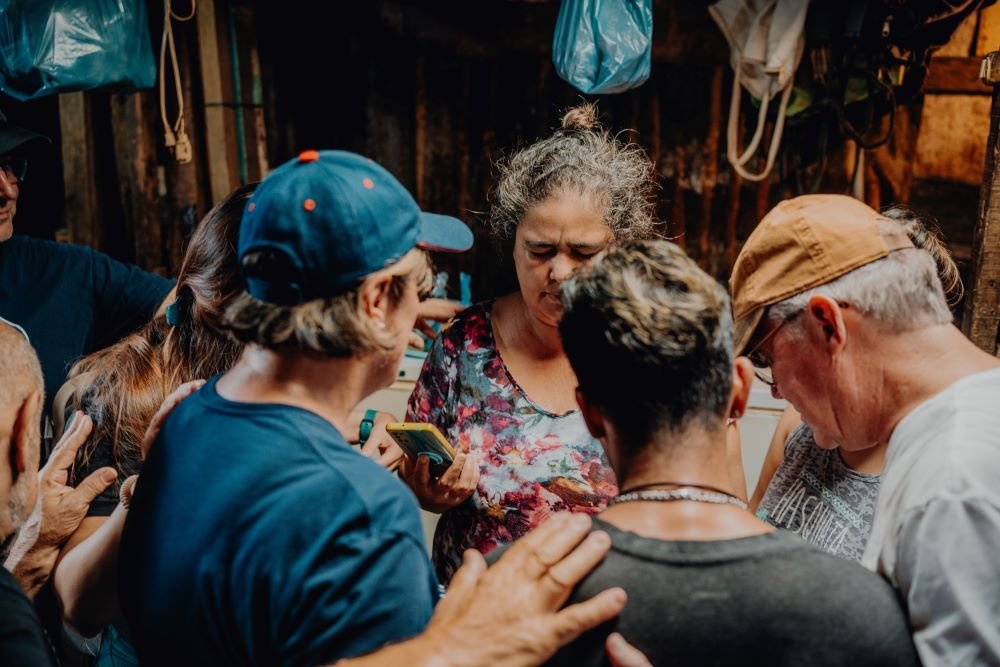
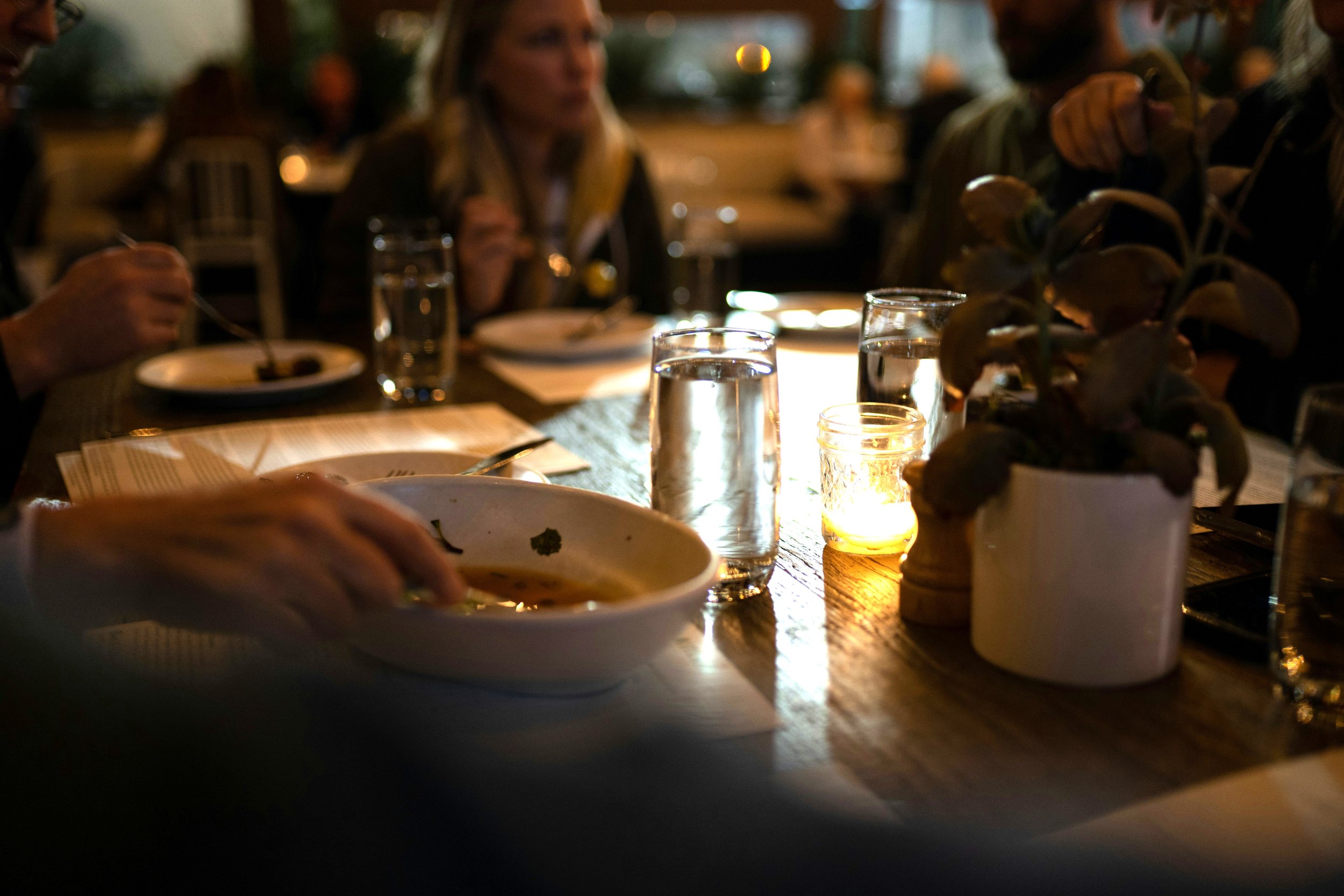

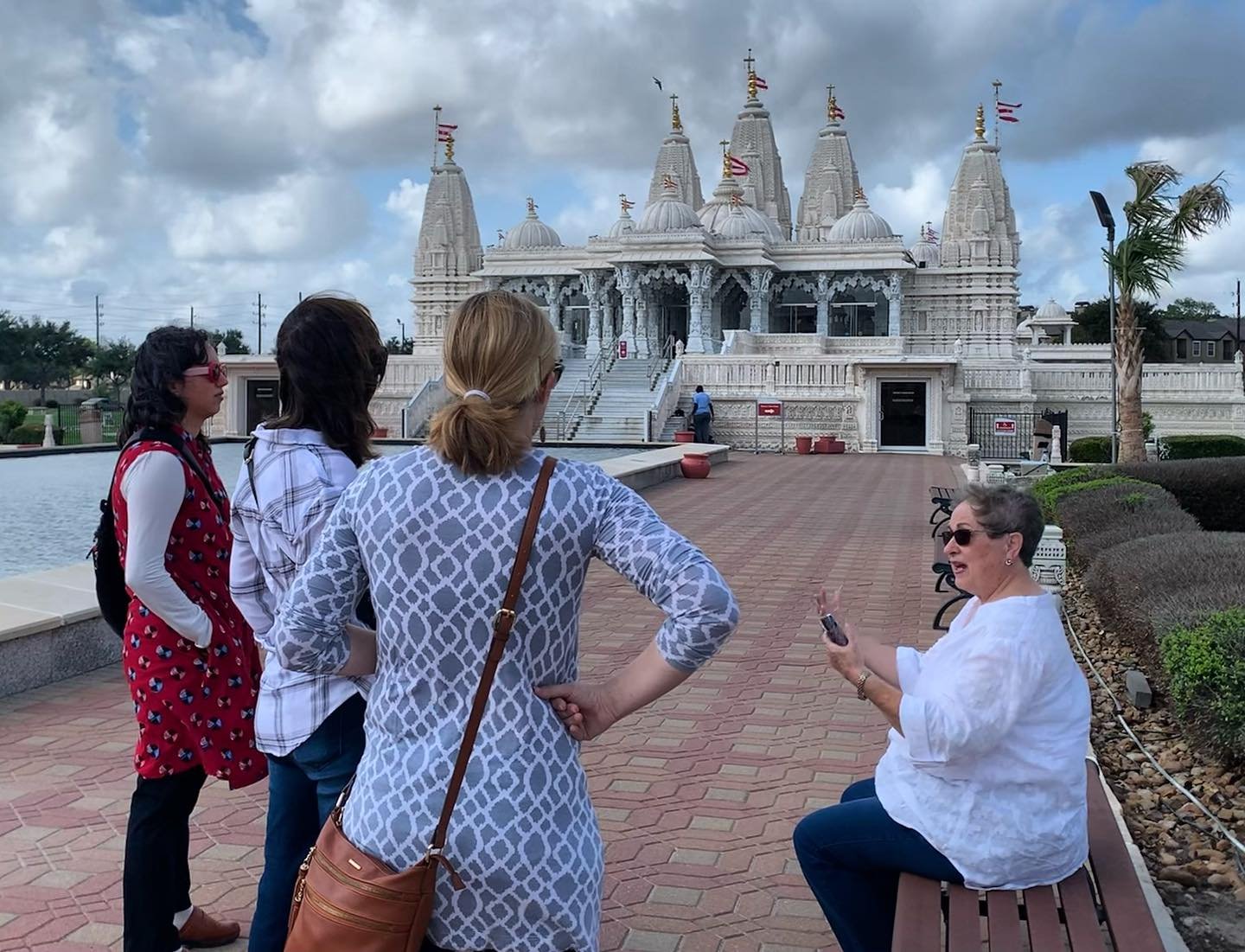


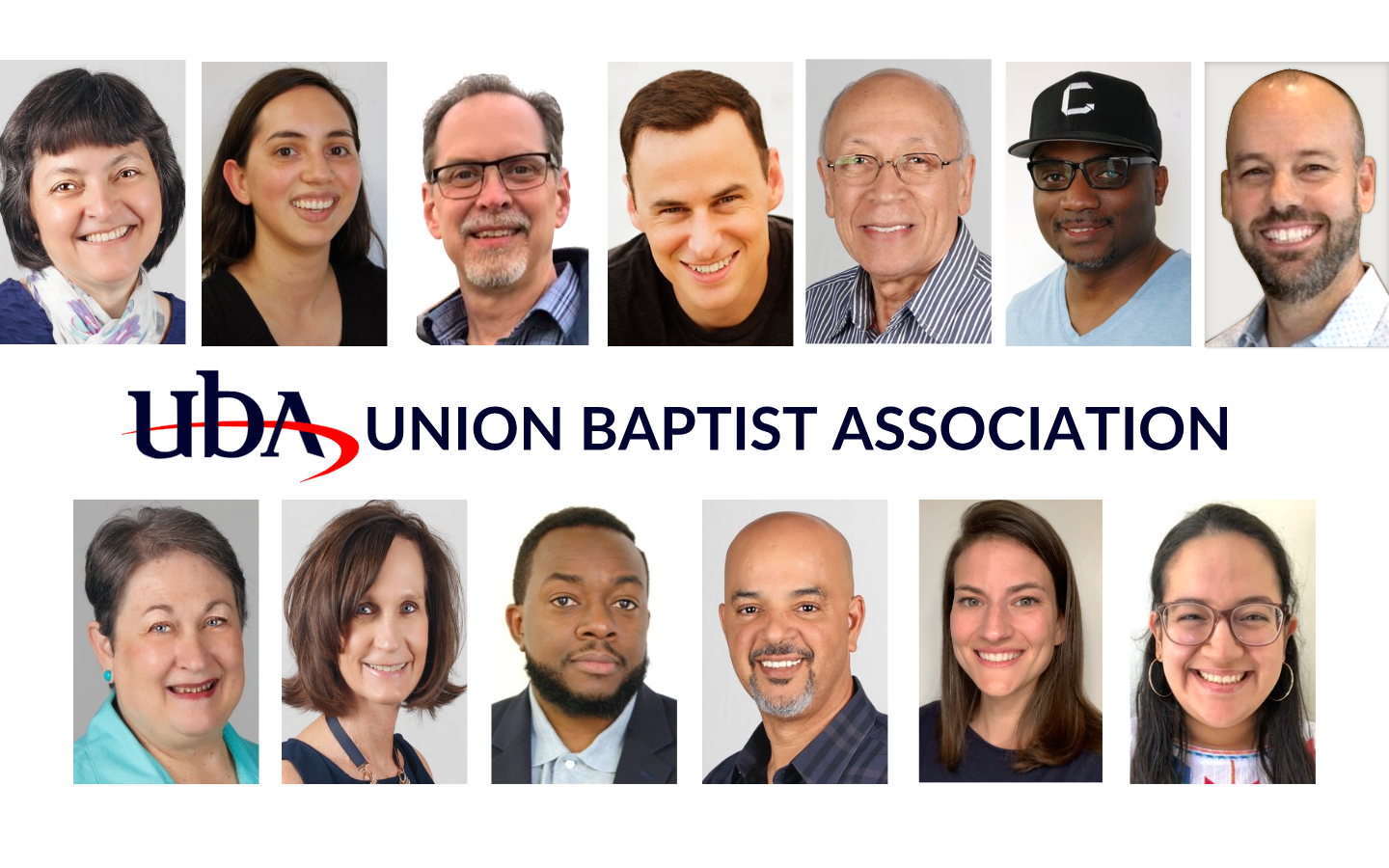
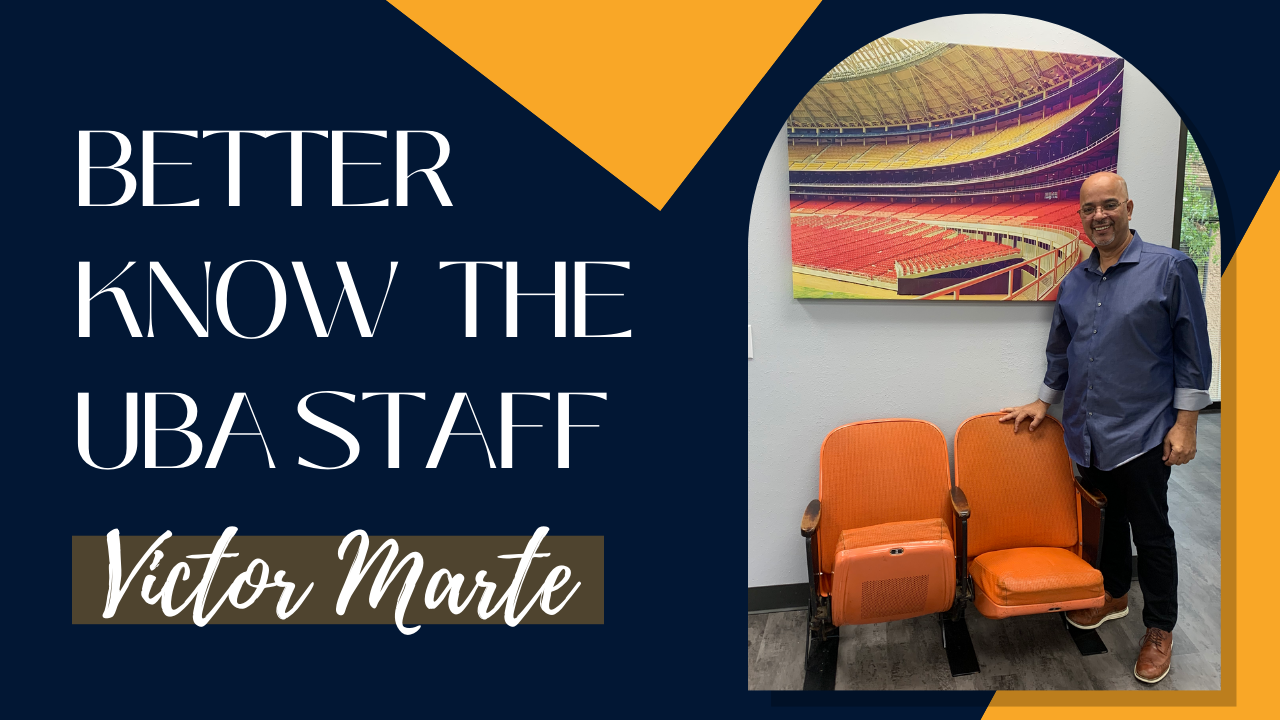
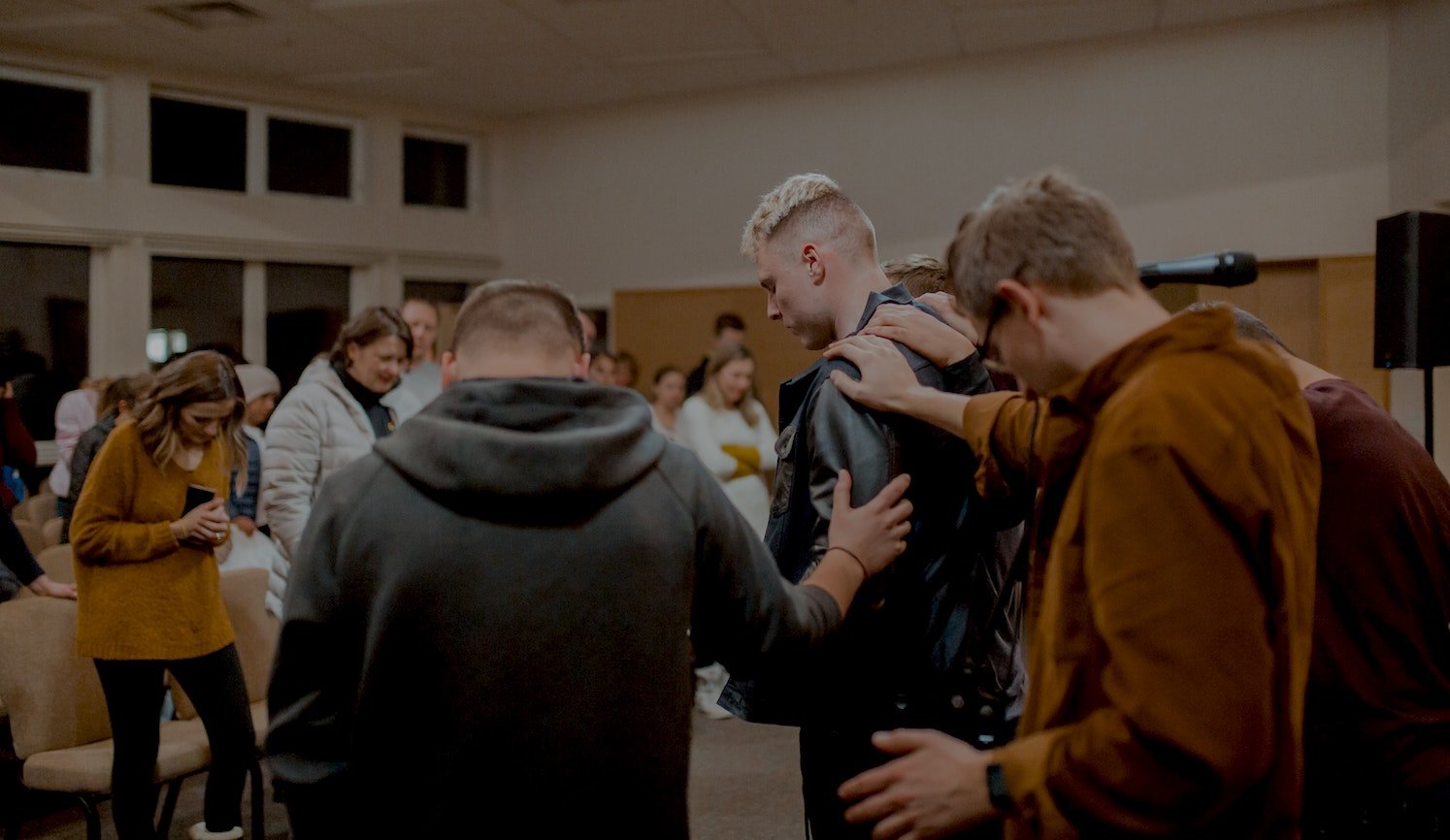
How can you look up from the needs and ministries of your local church to strategically identify, equip, send, and support people for ministry? Sending Pathways helps you do just that!